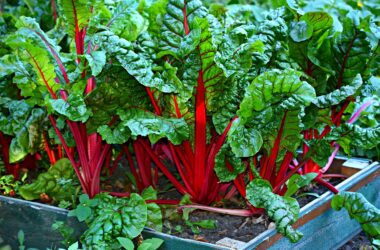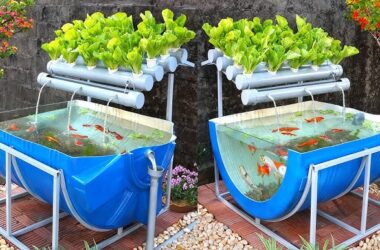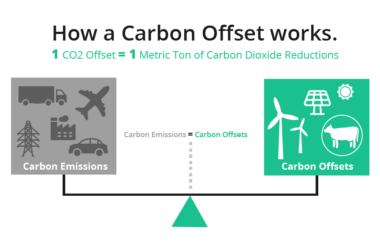In today’s world, where environmental sustainability is a pressing concern, innovative solutions are constantly sought after. One such solution that has been gaining traction in recent years is biochar. This article explores the wonders of biochar, from its production to its numerous applications, and delves into why it’s considered a game-changer for agriculture and beyond.
Understanding Biochar: What Is It?
Biochar, often referred to as “black gold,” is a form of charcoal produced from organic materials such as wood chips, crop residues, and even animal manure through a process called pyrolysis. Pyrolysis involves heating organic matter in the absence of oxygen, resulting in a carbon-rich substance with a highly porous structure.
The Science Behind Biochar
1. Pyrolysis: Turning Waste into Treasure
At the heart of biochar production lies pyrolysis. During this process, organic materials are subjected to high temperatures (typically between 350°C and 700°C) in an oxygen-deprived environment. This heat-driven transformation breaks down complex organic molecules into simpler forms, leaving behind carbon-rich biochar.
2. Porosity: The Key to Biochar’s Magic
Biochar’s remarkable properties are owed to its porous structure. It contains countless tiny pores and channels that can absorb and retain water, nutrients, and even gases. This unique feature makes it a valuable addition to soil.
Applications of Biochar
3. Supercharging Soil: Enhancing Agriculture
One of the primary uses of biochar is as a soil amendment. When incorporated into soil, biochar acts as a sponge, retaining moisture and nutrients. This not only increases crop yield but also reduces the need for irrigation and fertilizers, making agriculture more sustainable.
4. Carbon Sequestration: Fighting Climate Change
Biochar has gained attention for its carbon sequestration capabilities. By locking carbon in its structure, biochar helps mitigate climate change by reducing carbon dioxide levels in the atmosphere.
5. Water Filtration: Purifying Resources
Biochar’s exceptional adsorption properties extend to water purification. It can effectively remove contaminants and impurities from water, making it a valuable tool for providing clean and safe drinking water in various parts of the world.
Challenges and Future Prospects
6. Sustainable Sourcing: Ethical Considerations
While biochar offers numerous benefits, the sustainable sourcing of feedstock materials remains a challenge. Balancing the demand for biochar with responsible resource management is crucial.
7. Regulatory Frameworks: Ensuring Safety
As the use of biochar expands, regulatory frameworks need to be established to guarantee its safe and ethical production and application.
The Road Ahead: Biochar’s Potential
8. Beyond Agriculture: Diverse Applications
Biochar’s versatility extends beyond agriculture. It can be used in livestock farming, horticulture, and even as a component in building materials.
9. Global Impact: A Sustainable Future
The widespread adoption of biochar has the potential to revolutionize agriculture, combat climate change, and improve the quality of life for communities worldwide.
Conclusion
In conclusion, biochar stands as a beacon of hope in our quest for sustainable solutions. Its ability to enhance soil quality, sequester carbon, and purify water makes it a formidable ally in addressing some of our most pressing environmental challenges. As we move forward, the responsible use and further research into biochar promise a brighter and more sustainable future for all.
Similar Articles
- Arctic Amplification: Unraveling the Mysteries of Polar Climate
- Aquaponics: A Sustainable Farming Revolution
FAQs About Biochar
1. Is biochar safe for use in agriculture?
Yes, when produced and used responsibly, biochar is safe for agricultural applications and offers several benefits for soil health.
2. Can biochar be produced at home?
While it is possible to make biochar on a small scale, commercial production is more efficient and ensures consistent quality.
3. How does biochar benefit water purification?
Biochar’s porous structure allows it to adsorb impurities and contaminants, making it effective for water filtration and purification.
4. Is biochar a renewable resource?
Biochar can be produced from renewable biomass sources, making it a potentially sustainable resource.
5. Are there any side effects of using biochar in agriculture?
When used in moderation and according to guidelines, biochar typically has no adverse side effects on crops or soil.










